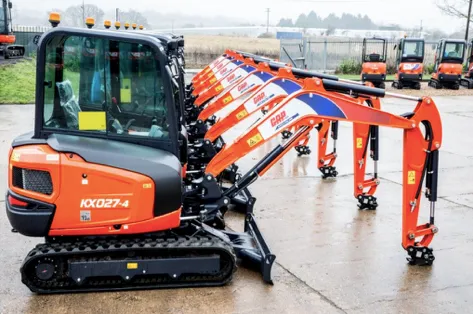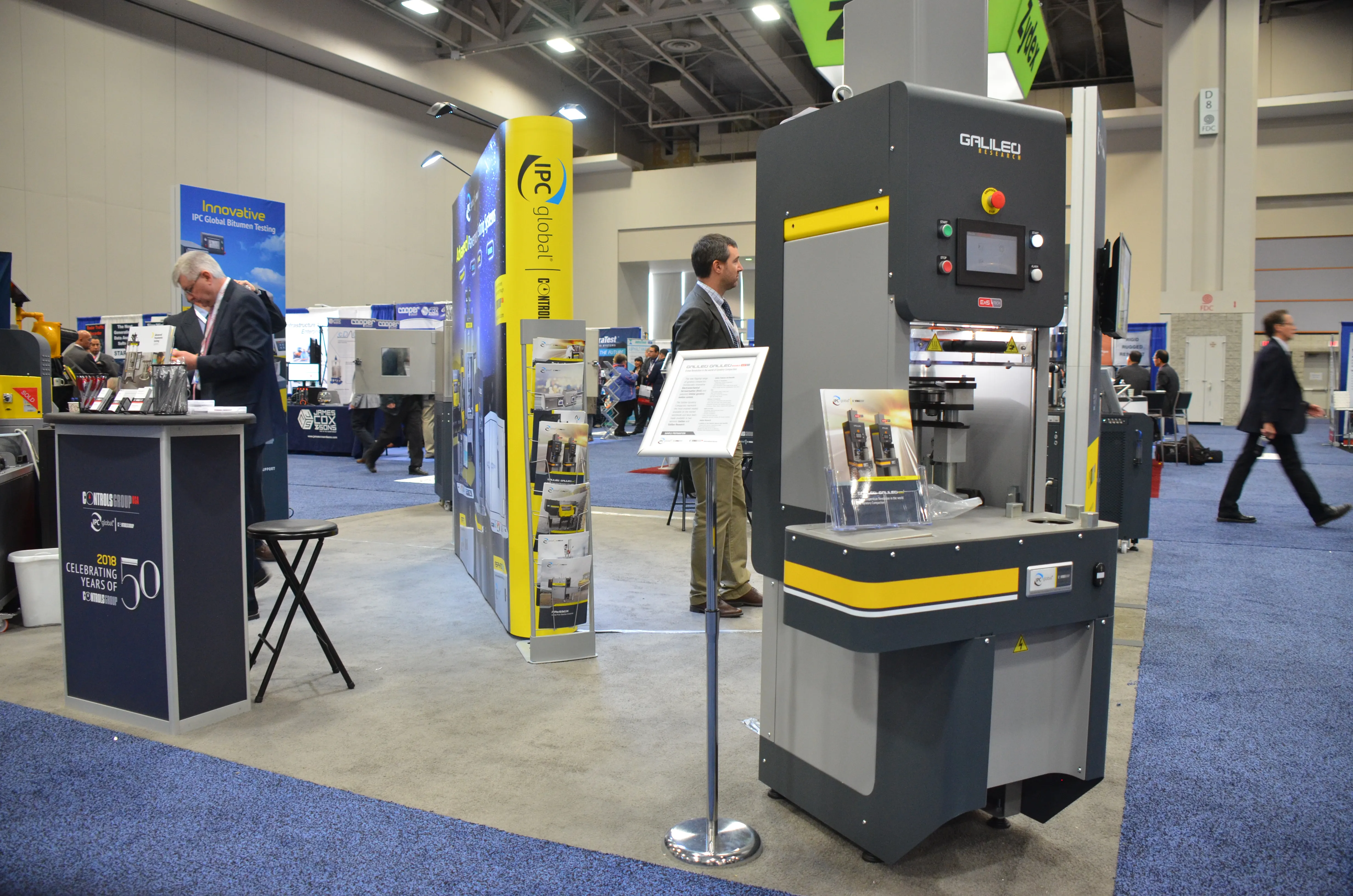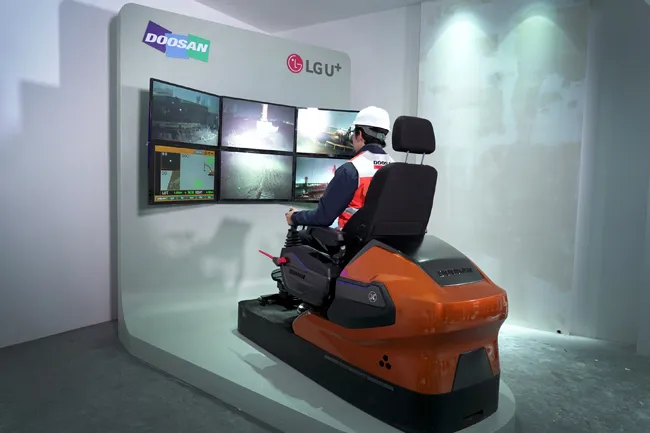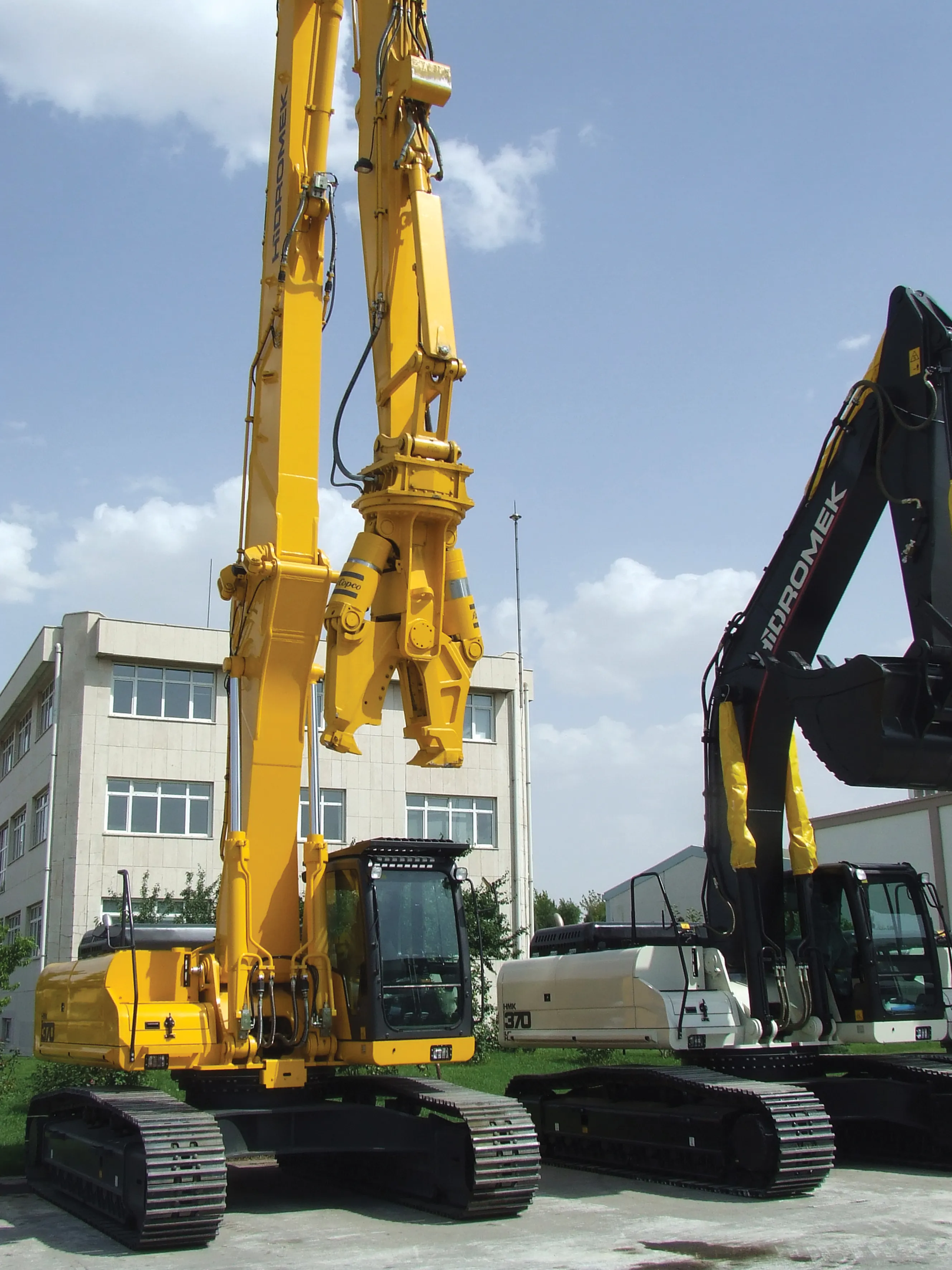
The Glasgow head-quartered business now has over 4,000 Kubota machines in its depots across the UK. Kubota is also now GAP’s sole supplier of excavators up to 8 tonnes, explained Ken Stewart, head of procurement at GAP Hire.
“With the increased amount of regeneration in urban areas across the UK, the demand in the market for a quality 3tonne excavator is at record levels,” he said. “Customer feedback on the KX027-4 model has been really positive, so investing in 100 machines throughout the year has made perfect business sense, with the new 8tonne KX080-4 also proving popular.”
From a rugged Kubota-built engine and powerful digging force through to the biggest cab in its class, the KX027-4 ensures the machine’s productivity far exceeds that of its competitors whilst also offering maximum comfort, according to Kubota.
The 2.6tonne excavator - suited to being towed from site to site - is available in two models. The standard KX027-4 model is for general excavation. Meanwhile, the high-spec model uses AUX oil flow with proportional flow control and Auto shift for even greater versatility and performance, said Dave Roberts, managing director of Kubota.









